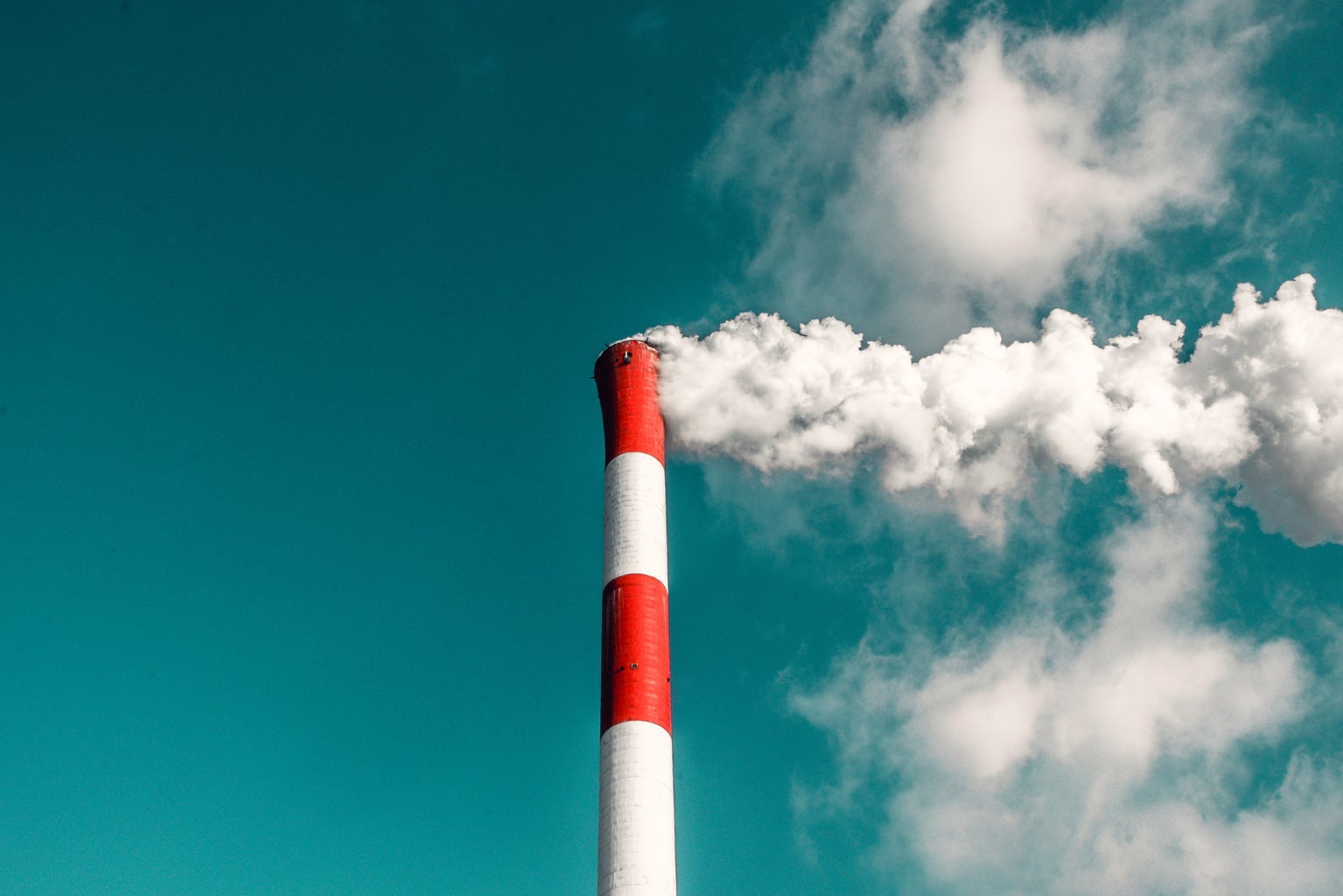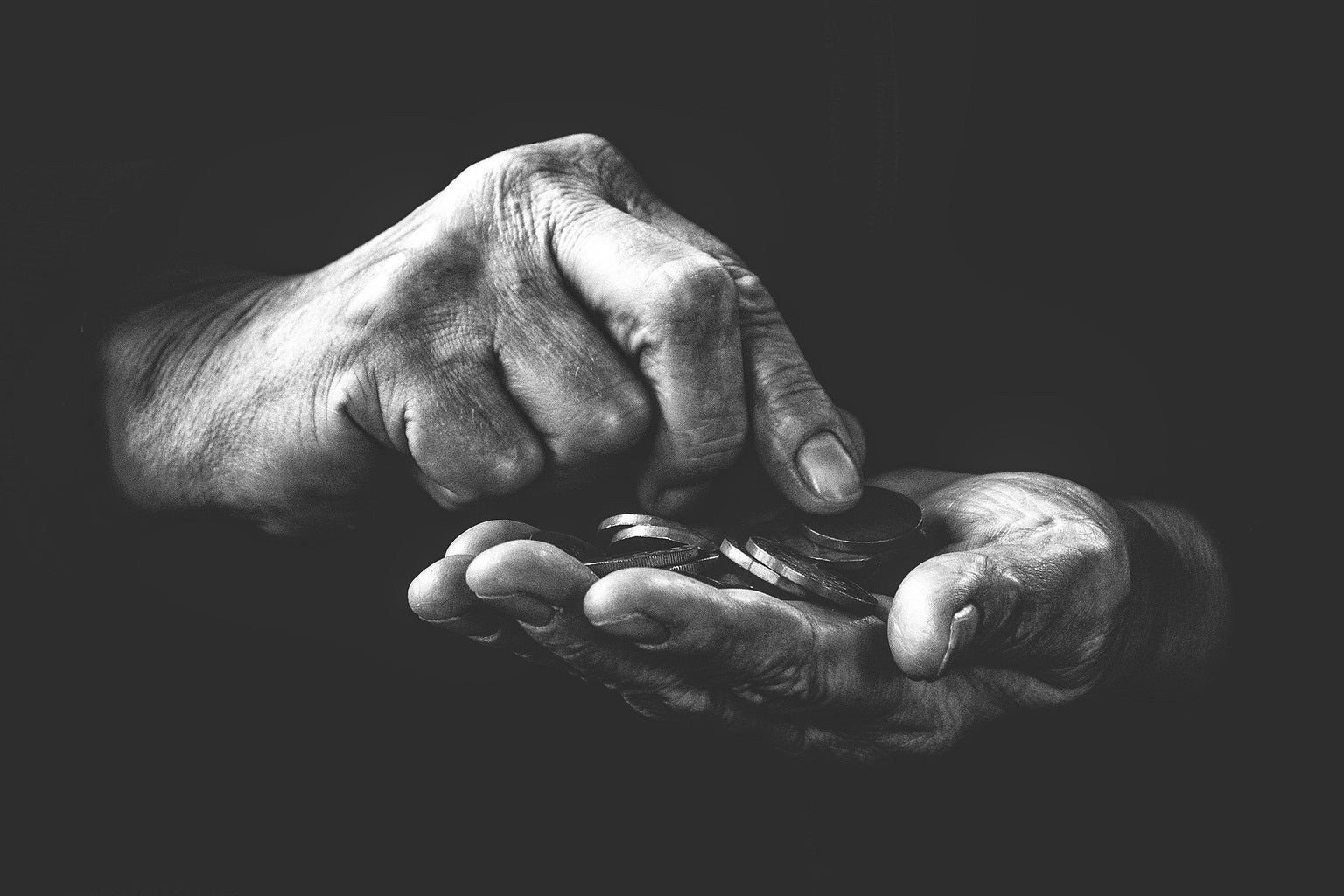On September 8, 2024, The Guardian published an article predicting Elon Musk’s rise to a trillionaire. With Elon Musk on the verge of becoming the first trillionaire in history, the gap between the richest people on the planet and the billions of people who are fighting for survival is becoming uncomfortably wide. With more than 330 million children living in poverty worldwide, the growing wealth concentration is a moral as well as an economic concern.
While a tiny number of people amass enormous wealth, the majority of humanity must fight poverty, inequality, and environmental destruction on an insurmountable battleground. Unchecked capitalism, propelled by unbridled materialism, endangers not only human well-being but the earth itself. The price of this profit-driven economy, which puts corporations before people and the environment, is getting far too high to bear.
Under the pretence of “progress” and “innovation,” capitalists such as Musk and other extremely wealthy people gain enormous amounts of money. However, they gain from tax breaks, lax government control, and inadequate rules in the process, which enables them to amass riches greater than that of entire countries, all the while millions of others live in poverty. This difference is not only startling but also illegal. It’s time to impose just taxes on capitalists, hold them responsible, and set moral guidelines that stop the exploitation of the most vulnerable people on the planet.
It is concerning that the rich-poor divide is widening. The richest 1% in the world have more than twice as much money as all 6.9 billion people combined, according to Oxfam research (https://www.weforum.org/agenda/2024/02/inequality-developing-countries-women-oxfam/#:~:text=The%20gap%20between%20rich%20and,income%20distribution%20around%20the%20globe.). This is a systemic problem that contributes to almost every other issue we encounter in the modern world, so it is not a standalone problem. The world’s impoverished have less and less access to basic essentials like food, healthcare, and education as inequality increases. It is impossible to overlook the misery of those at the bottom of the economic scale while we witness the ultra-rich getting ever-richer.
Taxing the ultra-rich more heavily is not just necessary, it is morally required. The ultra-wealthy will keep amassing riches in the absence of equitable taxation policy, leaving the poor behind to struggle in an essentially unequal society. This wealth gap is a representation of actual lives, real families, and real suffering rather than just a figure.
Over the past few decades, there has been a significant increase in worldwide income and wealth inequality, according to a recent report by the World Inequality Lab. For every person who values justice, the richest 0.1% of the population controls more wealth than the bottom 50% combined. How can we let billions of people suffer while a tiny group of individuals controls such huge resources?
Not only is unbridled capitalism destroying people, but it is also annihilating the earth. The demand for resources rises along with the world’s consumption, which causes deforestation, biodiversity loss, and rising carbon emissions. These businesses are abusing both people and the environment to support their ever-expanding empires and increase profits. The earth will not be able to support this level of consumption unless there is a radical shift in the distribution of income and the way corporations function.
In this situation, there is a greater need for environmental reform on the part of the ultra-rich. Businesses and billionaires ought to follow more stringent moral guidelines, cutting their carbon footprints and giving priority to sustainable operations. Climate change cannot be defeated on the altar of profit, and it is past time for people to make a significant contribution to the cause.
The practice of labour exploitation, which is frequently concealed beneath the well-preserved façade of multinational firms, exacerbates the problem of wealth disparity. These businesses brag about how they can end poverty and provide jobs, but the working circumstances many of their employees endure are frequently dehumanising and exploitative. Millions of workers in emerging nations toil long hours in dangerous workplaces for earnings that hardly cover their basic needs. These labourers, who form the foundation of international supply chains, frequently lack a voice, rights, and an escape route from poverty. They are unseen, even though they are the source of the ultra-rich’s wealth.
This exploitation is not an accident—it is a consequence of capitalism’s insatiable thirst for profit. Corporations cut costs by exploiting workers, while executives and shareholders reap the rewards. Holding the ultra-wealthy accountable is the key to solving these systemic issues. If we want to establish a more just world, then fair taxation, more restrictions on economic operations, and moral guidelines for accumulating money are vital. Redistribution of wealth is a vital step in solving poverty, inequality, and environmental damage; it is not a romantic vision.
It’s possible to have a better world, but only if we have the strength to ask for it. In addition to opposing the unbridled power of the ultra-rich, we must push for laws that safeguard the environment and the impoverished. Unchecked capitalism will undoubtedly result in millions of deaths and environmental damage. It’s time to fight for a society that values labour, distributes income fairly, and safeguards the environment for coming generations.




